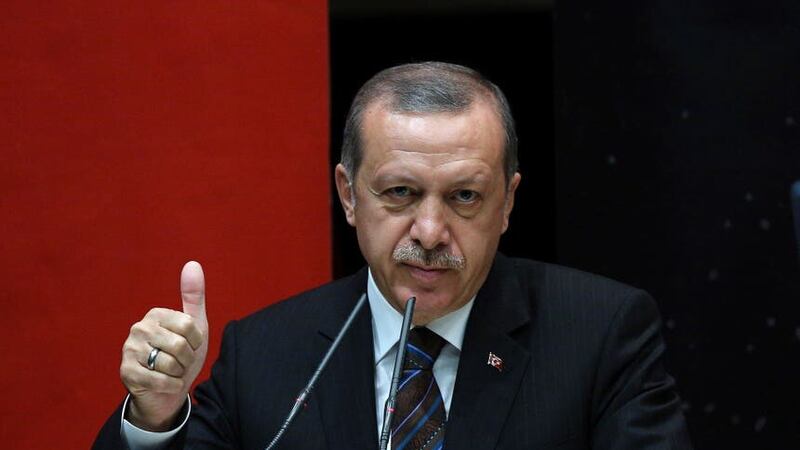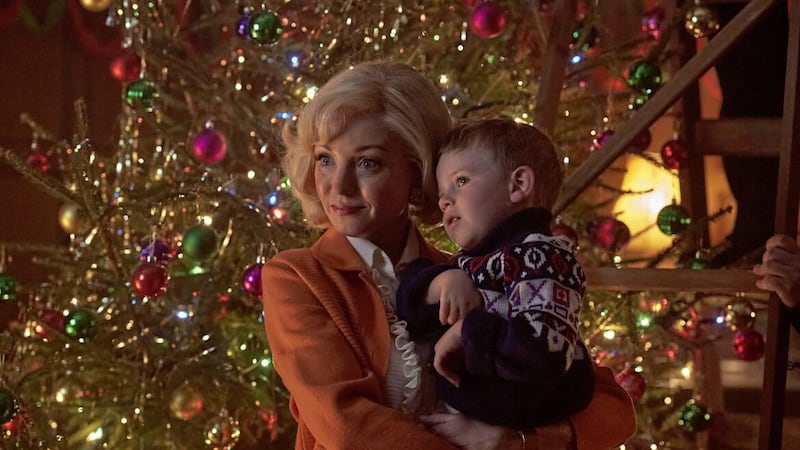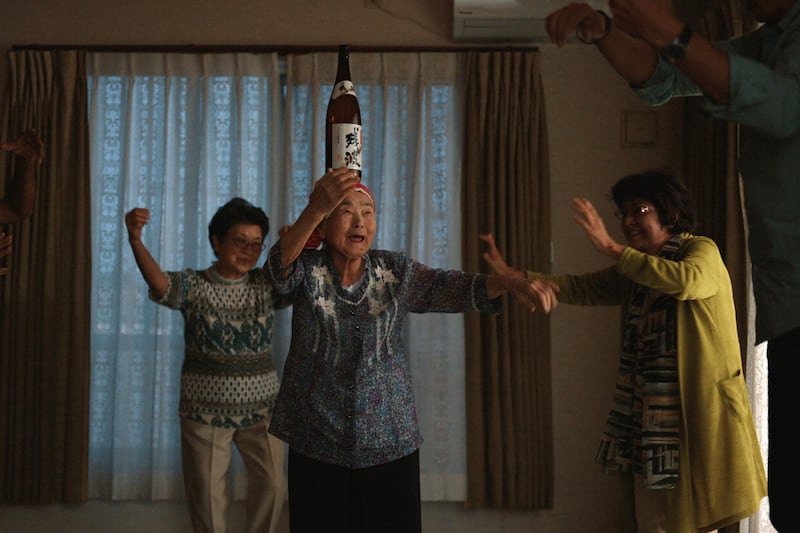Turkey: The Empire of Erdoğan, BBC 2, Tuesday and Wednesday
Turkish president Recep Tayyip Erdoğan was greeted with open arms by the world’s leading nations when he first took power 20 years ago, says one commentator in this fascinating biography.
He was an Islamist, yet modern and pro-western.
The US and its European allies warmly welcomed him and the proposed pace of entry to the EU intensified (as reheated and exploited by Brexit campaigners in 2016).
But civil unrest at home, Turkey’s involvement in the Syrian civil war, the subsequent refugee crisis, and the increasing authoritarianism of Erdoğan’s government has seen fewer diplomatic missions to Istanbul and Ankara.
Erdoğan is not completely outside the tent (Turkey remains a member of Nato, although at times a reluctant one).
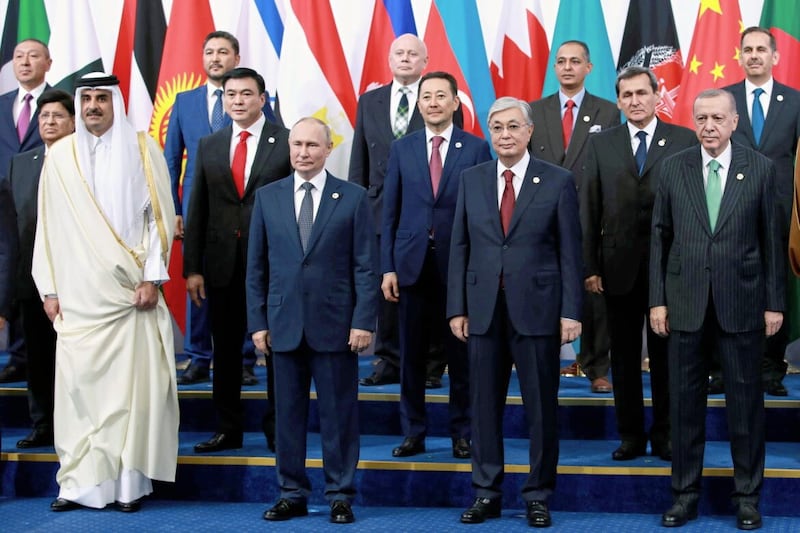
He’s probably in a similar position to Vladimir Putin before the 2014 invasion of Crimea. The early belief in Putin as a reformer was gone but there was still hope that he might side with the good guys.
It seems unlikely that Erdoğan would make the same disastrous moves as Putin.
He sees himself as cleverly playing off the power struggle between Russia and China on one side and democratic/capitalism led by the US on the other.
Turkey’s strategy appears not dissimilar to India, but without the importance and scale. Turkey is a middle ranking country, although strategically important geographically and as a Muslim nation within Nato.
Over two hours, The Empire of Erdoğan tells the story of another of the world’s strongman as he faces into a significant test.
The press and the judiciary have been hobbled by the regime but he has to face the Turkish electorate on Sunday and the result is not a foregone conclusion.
Erdoğan had a tough and religious upbringing in a poor part of Istanbul during Turkey’s secular period.
Turkey emerged from the ruins of the Ottoman Empire after the First World War to be led by Ataturk into a state which gave women voting rights in 1930.
Erdoğan grew up in a religious family in this secular society. When he entered politics as an Istanbul councillor and as his political status grew he represented people who felt victimised by the secularists.
He was a classic populist of the left or the right.
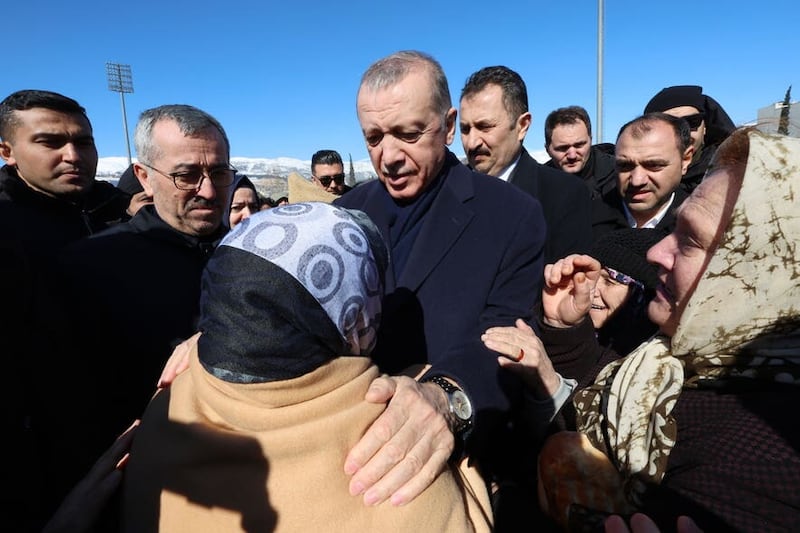
He was representing the left behind (“before anything else I am a Muslim”) and his victimhood would carry him to power.
After he was sentenced to 10 months in prison in the mid-1990s when he publicly recited a poem deemed to have incited religious hatred, he never looked back.
At first, he was seen as a reformer. The stock market jumped on the day his party won office.
He opened up the economy, improved infrastructure, encouraged EU integration and stood up to the army.
But after buying himself some latitude, he gradually moved in the other direction.
He brutally put down an environmental protest against the destruction of a park to make way for a shopping centre in central Istanbul and gradually consolidated his power through changing the structure of government, eroding rights, emasculating the press and imprisoning opposition figures.
The sit-in at Gezi Park in 2013 is seen as central to the change of direction and detailed extensively in the documentary. Twenty-two people were killed and thousands injured.
At a later political rally, Erdoğan answers his own question about the violence at Gezi. “Who gave the order to the police? Yes, it was me,” he says with pride.
“Democracy is like a tram. You ride it until you arrive at your destination, then you step off,” Erdogan said in the 1990s.
It’s a lesson to us all about how democracy is precious and fragile.
